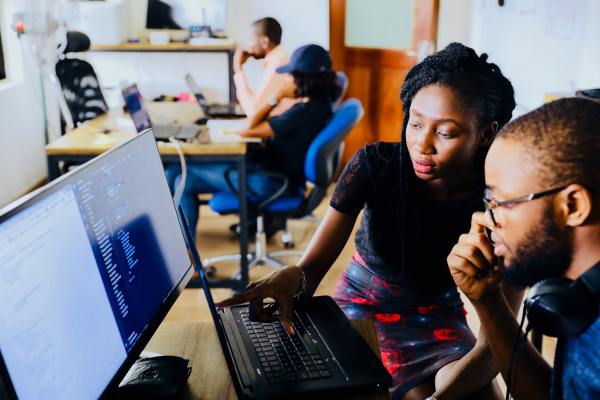Microsoft announced plans today to support 10,000 startups in Africa over the next five years through a series of initiatives including partnerships with accelerators and incubators across the continent.
It also announced plans to partner with venture capital investors to increase funding access for startups in Africa by unlocking $500 million in “potential” investment. Microsoft said that it is already working with Banque Misr, Global Ventures and Get Funded Capital.
These initiatives will be carried out through the recently established Africa Transformation Office (ATO), which drives Microsoft’s strategic initiatives in Africa by partnering with public and private organizations.
“Our goal in establishing these partnerships with venture capital investors is to extend the network of potential partnerships between Microsoft, venture capital investors and startups, thereby increasing the funding made available to eligible startups,” ATO startups lead Gerald Maithya said.
Microsoft said that it was creating partnerships with accelerators and incubators like Grindstone, Greenhouse, FlapMax and Seedstars to provide markets, technical skills and investment opportunities.
Microsoft’s global Founders Hub, a self-service hub providing startups with a variety of resources and access to mentors, will also be available to African startups. The Founders Hub also includes opportunities to co-sell to Microsoft’s corporate and enterprise customers.
“There is huge potential for Africa to become a thriving hub of digital innovation on the global startup landscape. Our ambition is to see an explosion of local inventions that will contribute positively not just to Africa’s digital economy, but to global society,” ATO managing director Wael Elkabbany said.
Microsoft joins the growing list of tech companies coming up with initiatives targeting startups in Africa. Last year, Google launched a $50 million Africa Investment Fund targeting early- and growth-stage startups on the continent, succeeding its Google for Startups Accelerator Africa program.
